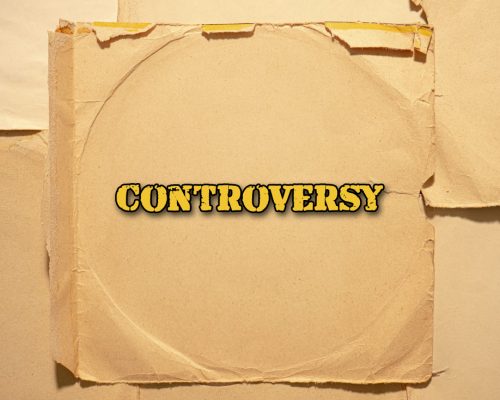Blockchain is a system of recording information that is impossible to change, hack, or cheat the system. It is essentially a digital ledger of transactions that is duplicated and distributed across the entire network of computer systems called nodes. Blockchain permanently records all transactions, removes all intermediaries and creates trust through the algorithm.
It was introduced by an unknown person named Satoshi Nakamoto in 2009 with the first popular blockchain, Bitcoin. Soon after, numerous blockchain came. At time of this writing these are the top 12 blockchains.
- Avalanche
- Cardano
- Chainalysis KYT
- Ethereum
- Hyperledger Fabric
- Hyperledger Sawtooth
- IBM Blockchain
- Polkadot
- Ripple
- Solana
- Tron DAO
- XDC Network
Distributed Digital Ledger
In the past, a ledger was a book containing accounts of debits and credits and arranged chronologically.
north-star-ledger-book-1850-1853-144-1024.jpg (644×1024) (picryl.com)
Similarly, a blockchain is a digital permanent record of transactions arranged in reverse chronological order meaning the latest transaction is shown first. But unlike the old ledger in which all records are centralized in a single book, in a blockchain the digital ledger is distributed. Blockchain is also a network of thousands of computers. Each computer is called a node and each one has a copy of the digital ledger.
As illustrated above, each transaction is represented by a block and each is linked or chained to the next block with the hash. That’s where we get the name blockchain.
What is a Hash
We are all familiar with hash browns, right? When you hash potatoes, you chop them into small pieces and mix those pieces together. The original potato’s structure is lost, but they’re all found in the final product.
Similarly, the data of the block is passed through a hash and you get a unique string of characters or letters. function A hash function utilizes complex mathematical algorithms that convert data of arbitrary length to data of fixed length (for instance, 256 characters). The hash becomes the ID of the block where the previous block can locate it.

Really Unhackable
First reason is, if you change one bit anywhere in the original data, the entire hash value changes, making it useful for verifying the fidelity of digital files and other data. Since the hash of the previous block is part of the current block, if one bit is changed, the hash of all the blocks would change, making it easy to check if the blockchain is tampered.
Second reason is that the blockchain is distributed. The blockchain network can have thousands of computers or nodes, each one having a copy of the blockchain. If you make one change to one node, you also need to update all of the thousands of copies. If there is a discrepancy in a node, that node can be removed from the network.
Third reason is for all transactions, you will need a majority vote from all the nodes as a requirement to commit any changes to the blockchain. Like a cloud of witnesses. If a majority vote cannot be achieved, the transaction will not push through.
Because of the speed, transparency, and immutable nature of blockchain, it makes it the ideal platform for cryptocurrency, financial transaction, supply chain, etc. For example, when you send money overseas, it may take time and a lot of effort. You have to trust the bank to do their end of the bargain. A corrupt government can prevent the transaction or even steal your money. But with the blockchain, we remove the middle, and rely on the technology.



























